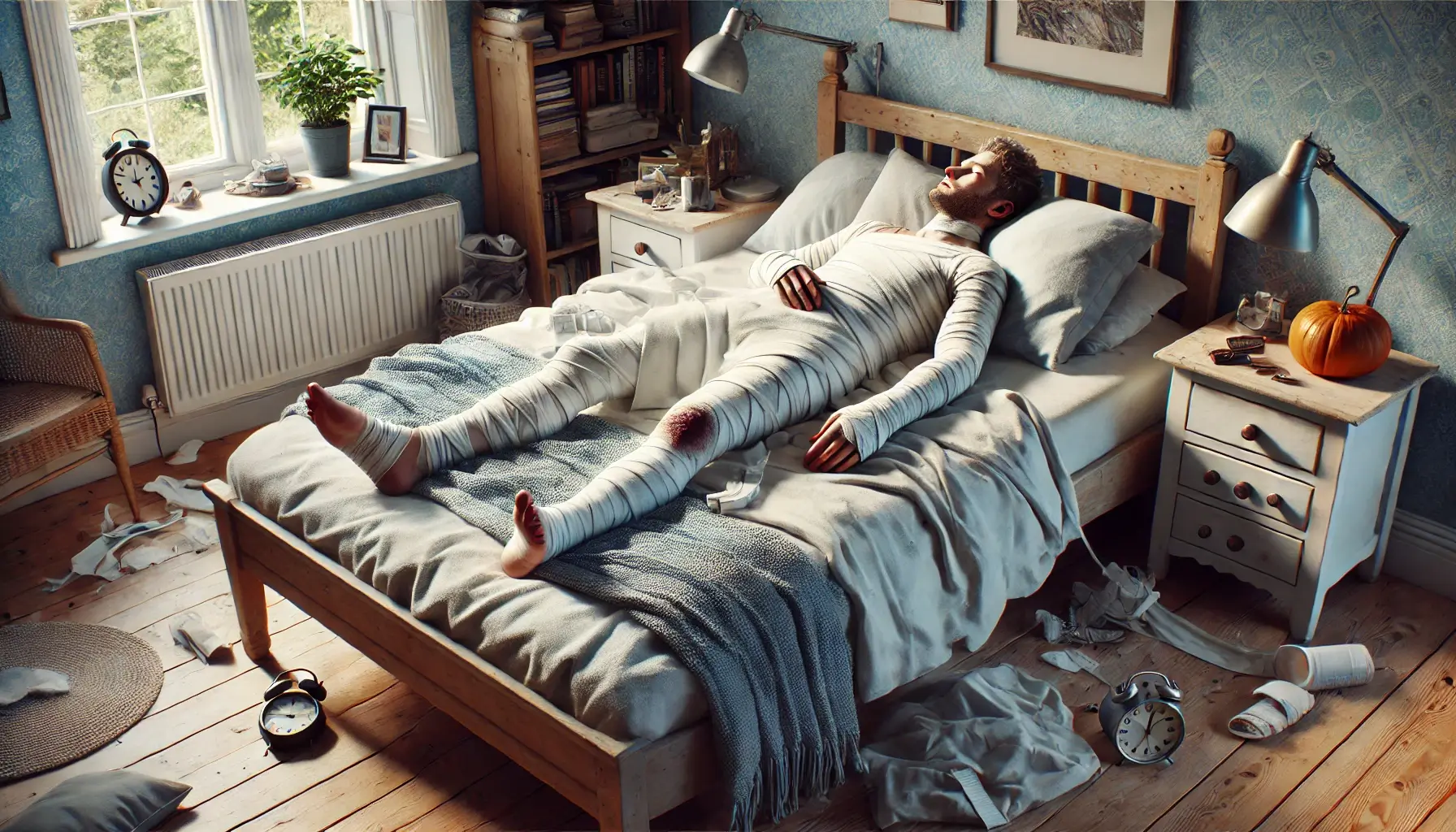Artificial Intelligence & Malpractice: When Machines Cause Harm
In the heart of Columbus, Ohio, where SELPH LAW operates, we have observed firsthand the incredible leaps and bounds that technology has made over the last few years. At 6047 Frantz Road, Dublin OH 43017, our law firm is dedicated to ensuring that victims of personal injury receive the justice they deserve. But as technology advances, the realm of personal injury law is also evolving. One area that has garnered significant attention recently is the intersection of Artificial Intelligence (AI) and malpractice. The question arises: what happens when machines, programmed and designed by humans, cause harm?
The Emergence of AI in Healthcare
To understand the implications of AI malpractice, let’s first dive into where and how AI is integrated into our daily lives. One of the most notable sectors affected by AI is healthcare. AI is being utilized for everything from diagnostic assistance and treatment recommendations to patient management and surgery.
Machines and software powered by AI are expected to reduce human error, provide quicker diagnoses, and enable treatments that were once considered complex. While these developments are undeniably exciting and groundbreaking, they come with their fair share of risks.
Where Things Can Go Wrong
No technology is flawless, and AI is no exception. Mistakes can arise from programming errors, outdated algorithms, or the inability of the machine to interpret complex, unique cases. For instance, an AI-driven diagnostic tool may misinterpret a patient’s symptoms, leading to a misdiagnosis and potentially harmful treatment. Alternatively, a robot-assisted surgery may encounter an unexpected complication that it isn’t equipped to handle.
When an AI malfunctions or errs in the medical field, the results can be catastrophic. Patients may suffer from serious injuries, long-term health implications, or even death. So, who is held accountable when a machine goes awry?
Liability in AI Malpractice
Traditionally, medical malpractice has been straightforward – if a healthcare professional causes harm due to negligence, they can be held liable. But with AI, the lines become blurrier. Is it the doctor who relied on the machine? The hospital that implemented the technology? Or the software developers and manufacturers of the AI system?
These questions have forced both legal professionals and policymakers to reevaluate how liability is determined. In some cases, the responsibility may fall on the medical professionals for over-relying on technology without employing their own judgment. In other situations, the AI developers may be held liable, especially if there was a known flaw or deficiency in the system.
Navigating the Legal Landscape
For victims of AI malpractice, pursuing justice can be a daunting endeavor. The legal landscape is still adapting to these new challenges, and understanding who to hold accountable requires a deep understanding of both technology and law.
At SELPH LAW, we are dedicated to ensuring that those affected by AI malpractice receive the representation they deserve. With our knowledge of the intricacies of personal injury law, combined with an understanding of emerging technologies, we are well-equipped to guide our clients through these complex cases.
Conclusion
The integration of AI into our daily lives, especially healthcare, offers immense potential benefits. However, as with all technological advancements, it comes with its own set of challenges. As AI continues to grow and evolve, so too will the legal complexities surrounding its implementation and potential for harm.
If you or a loved one has been affected by AI malpractice, know that you are not alone. Reach out to SELPH LAW at 614-453-0971, and let our team guide you towards justice.
Disclaimer: The information provided in this article is intended for informational purposes only and does not constitute legal advice. If you need specific legal advice, please contact an attorney directly.
Sub Categories
Recent Articles
-
 Jul 22, 2024Seasonal Risks Leading to Different Types of Personal Injury Accidents
Jul 22, 2024Seasonal Risks Leading to Different Types of Personal Injury Accidents -
 Jul 22, 2024Common Injuries in Different Personal Injury Cases
Jul 22, 2024Common Injuries in Different Personal Injury Cases -
 Jul 22, 2024Maximizing Compensation in Personal Injury Accident Cases
Jul 22, 2024Maximizing Compensation in Personal Injury Accident Cases -
 Jul 22, 2024Unnatural Provable Negligence in Slip and Fall Cases
Jul 22, 2024Unnatural Provable Negligence in Slip and Fall Cases

